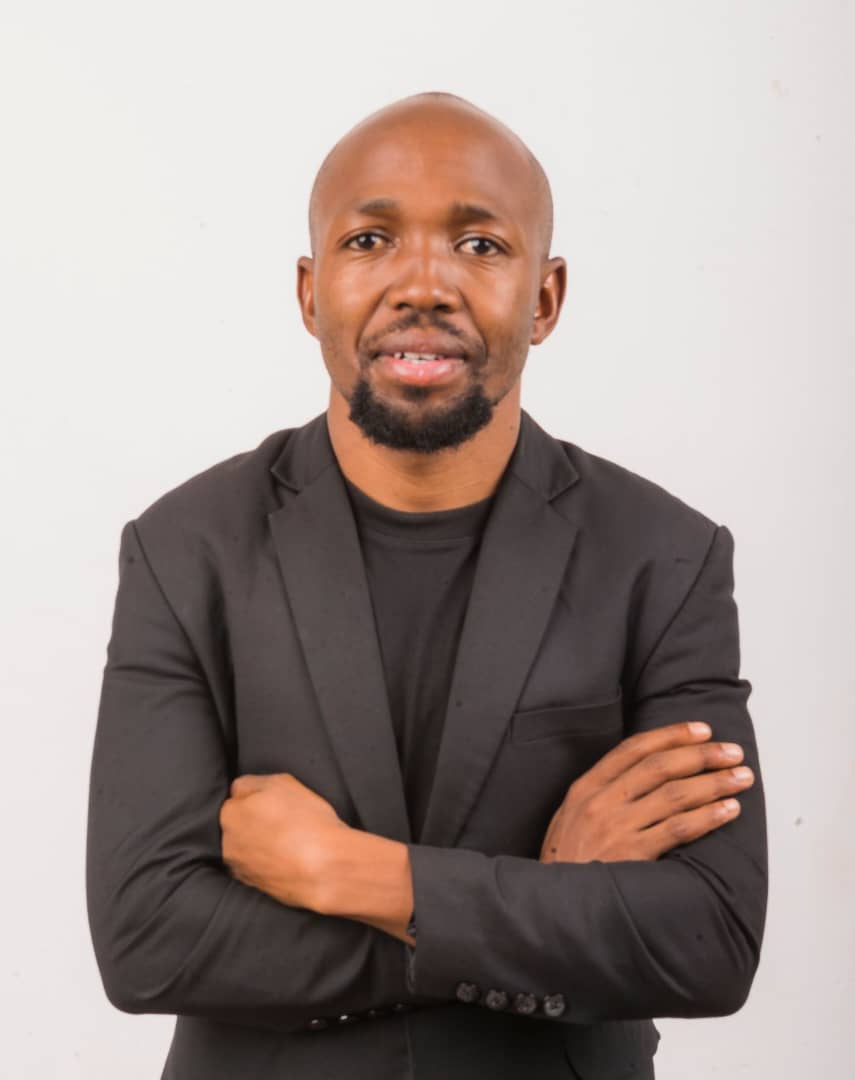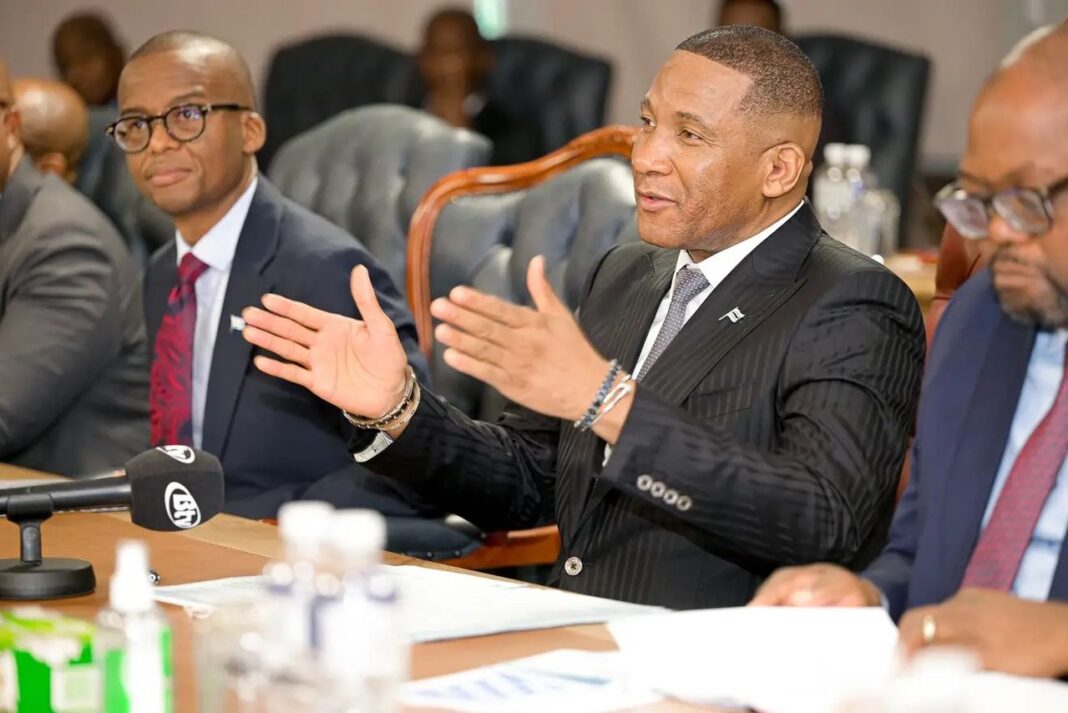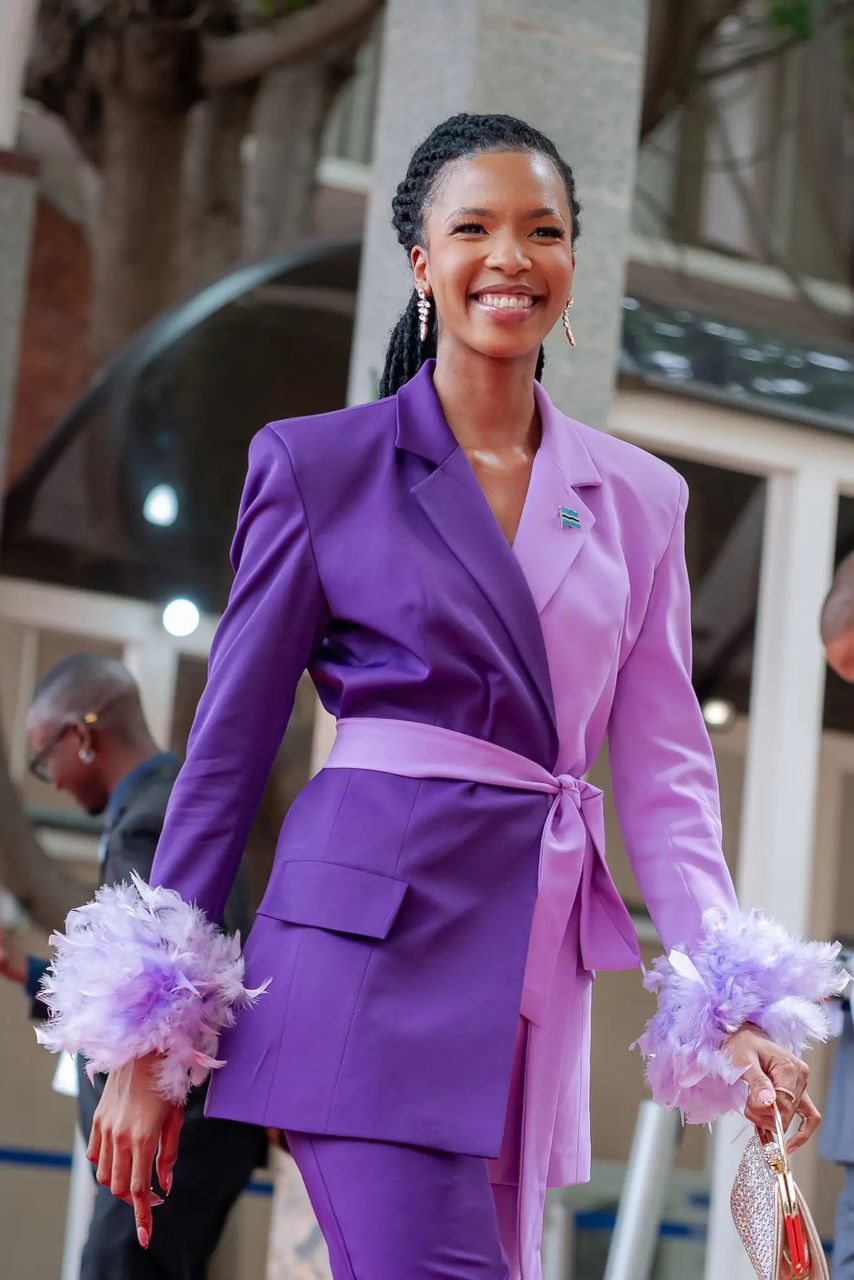Opinion Piece by Political Analyst Boemo Phirinyane
The current occupant of the highest office, President Duma Boko, is more than just a political figure; he is a collective mirror reflecting the journey, identity, and aspirations of post-Independence Botswana. His story is not one of inherited privilege or global expatriation, but of a leader forged entirely in the public crucible of the nation he now governs.
Born after the flag of independence was raised, Boko is truly a President raised by the country he is leading. He is a product of our public schools, shaped by the communal experience of Tirelo Sechaba—a foundational rite of passage for his generation—and educated at the University of Botswana before furthering his studies abroad. His pedigree is Batswana’s pedigree. This shared history establishes an implicit, deeply personal connection that perhaps explains the vibrant, sometimes volatile, public discourse surrounding him. Batswana feel free to commend and criticise as they see fit because in criticising Boko, they are, in a sense, critiquing themselves. Yet, beneath the noise of public commentary, his support on the ground appears remarkably resilient. Batswana, in supporting him, seem to be fundamentally betting on themselves.
This sense of mutual ownership is perhaps best captured in the widely adopted term of endearment, “my boy.” The leader is not merely an elevated official, but a son of the soil, embraced with both pride and familial expectation. This humility is consciously reinforced by the President himself, particularly when he addresses accusations of arrogance. His self-deprecating quotes, borrowing from different generations of musicians, are telling. Quoting Talib Kweli with, “I’m not tripping but I stumble sometimes,” and the poignant Setswana phrase, “Ke thekeselle maotong a Lona ka gore ke mofokodi wa lona” (I stumble at your feet because I am your servant/imperfect one), serves to humanise his authority. Despite the occasional theatrical flourish, the President grounds himself in the authentic character of the Motswana: humble, imperfect, intelligent, capable, and a dreamer.
Furthermore, President Boko is actively curating the modern image of Botswana to the world. The sleek fashion, the distinctive watches, the fresh fade, the designer shades, and the confident smile are not merely personal preferences; they are a visual declaration. They communicate that this is a nation that respects its past but is utterly focused on its future—a sophisticated, globally competitive player.
This is why the current momentum feels like a true vote of confidence, not just in an individual, but in the nation’s capacity to lead itself. The support he garners from voters of all ages, the increasing interest from foreign investors, the respectful engagement from heads of other states, and even the diminishing, disorganised voices of the domestic opposition all converge on a single, powerful message: President Duma Boko is Botswana, and Botswana is ready for the world.



